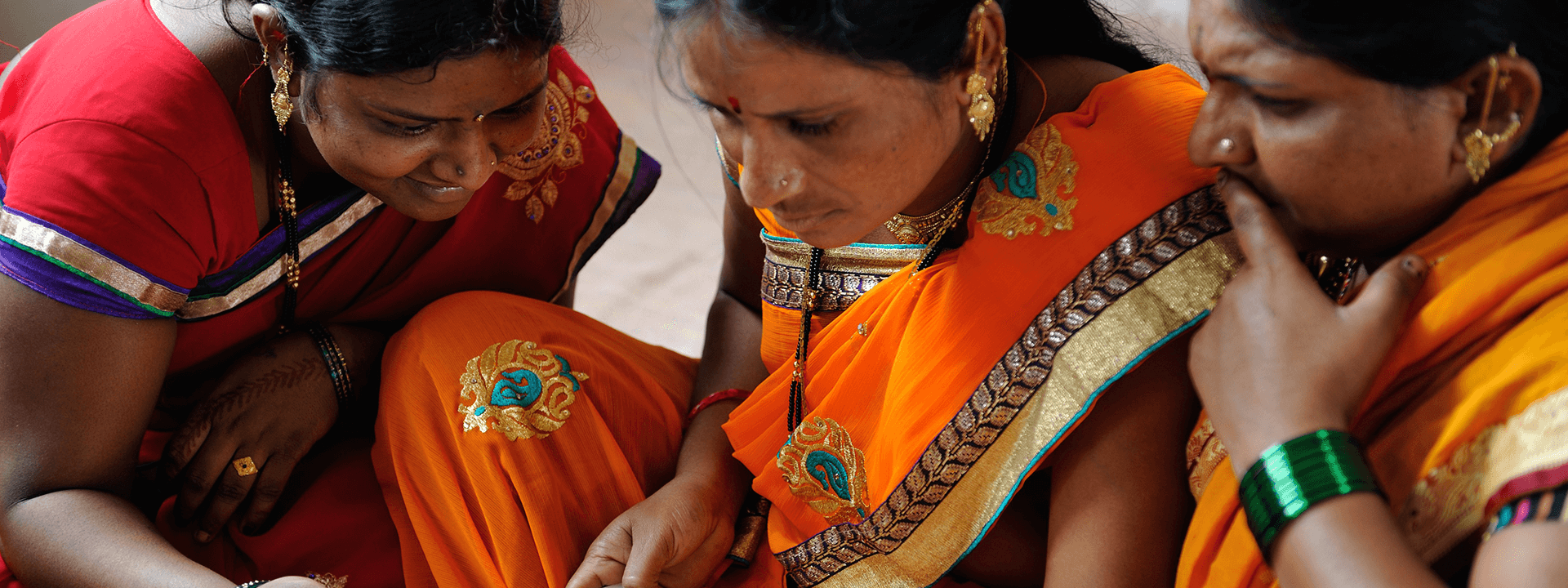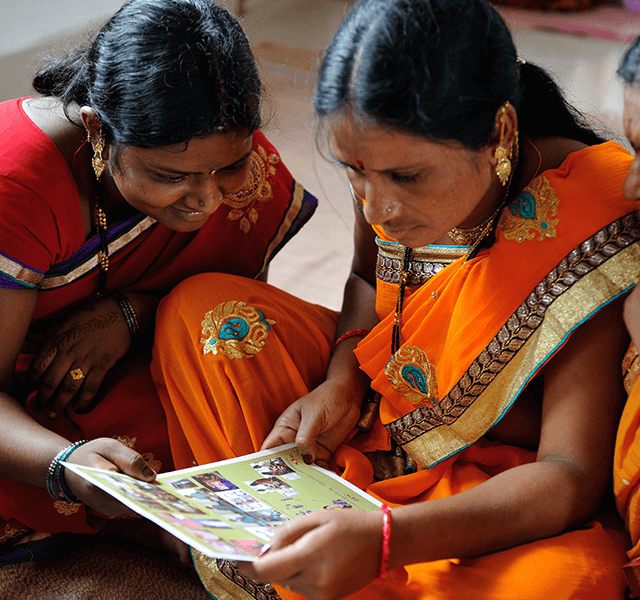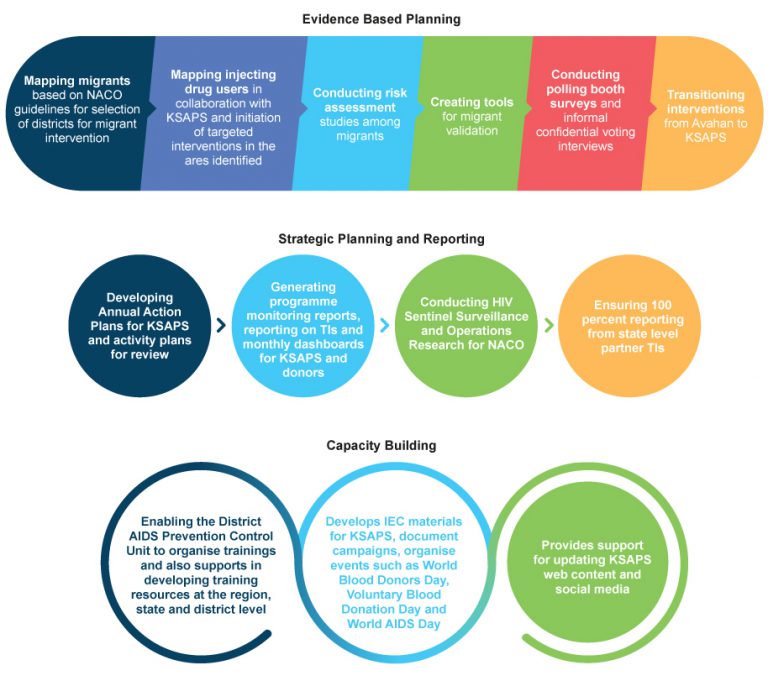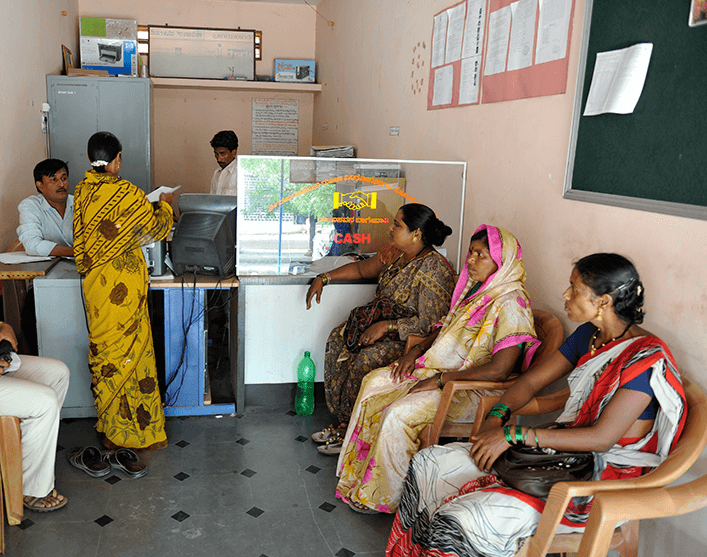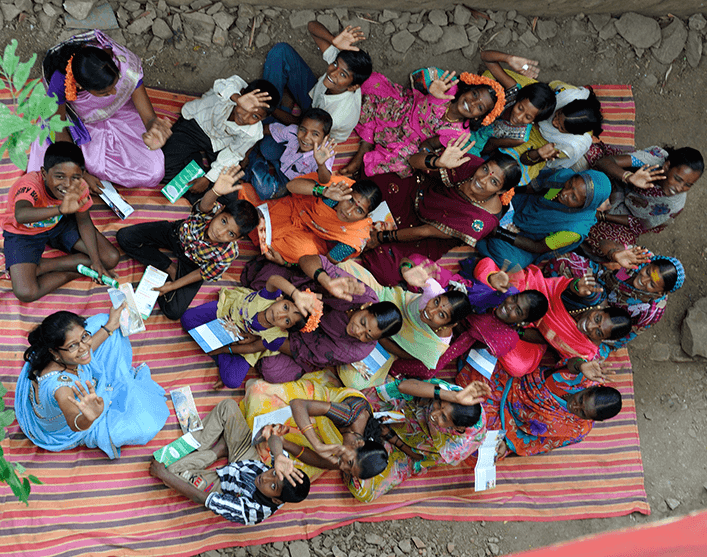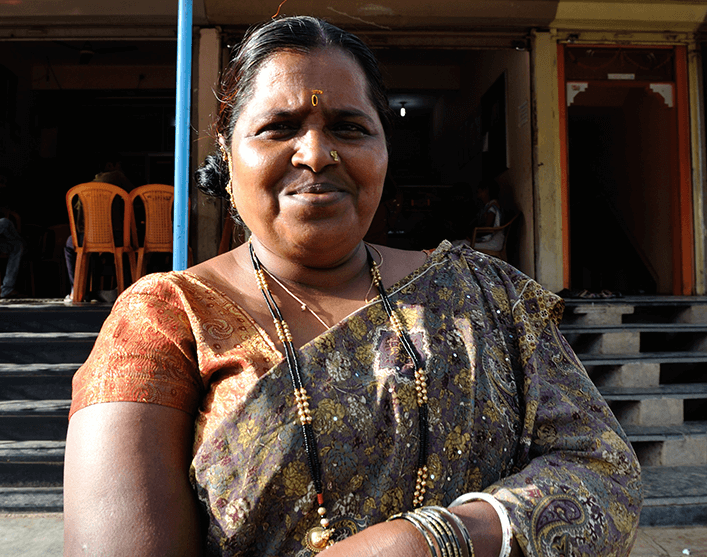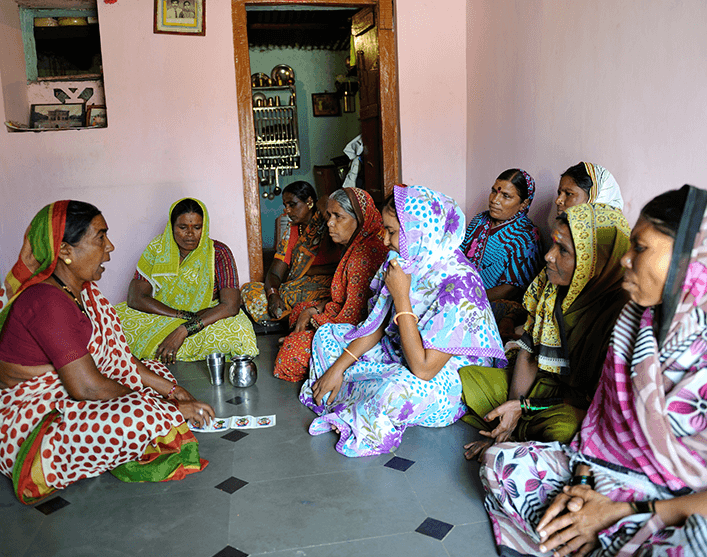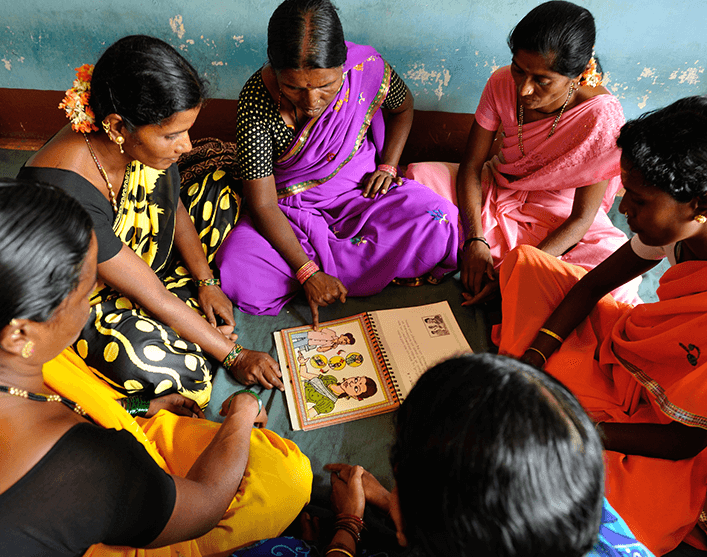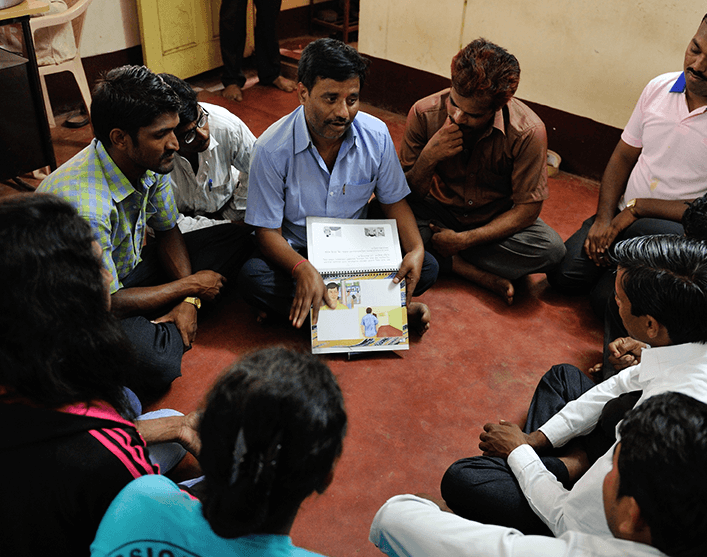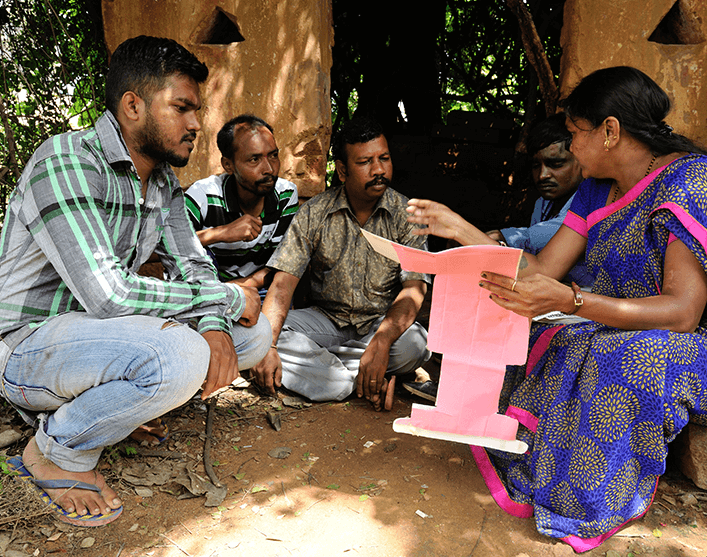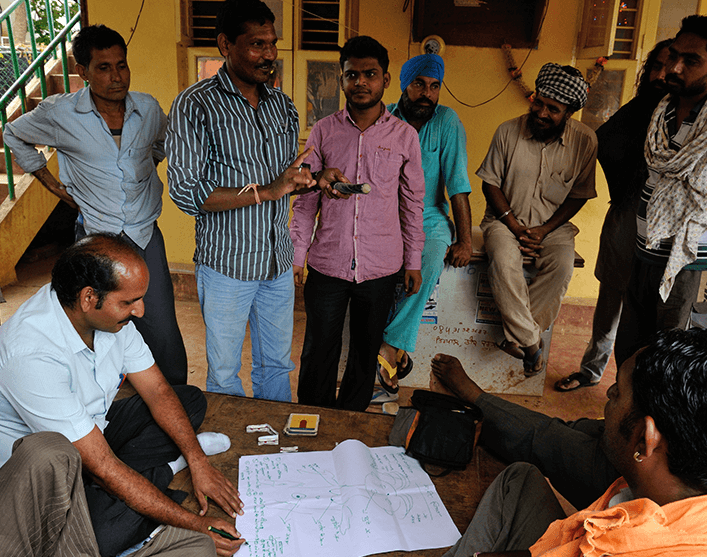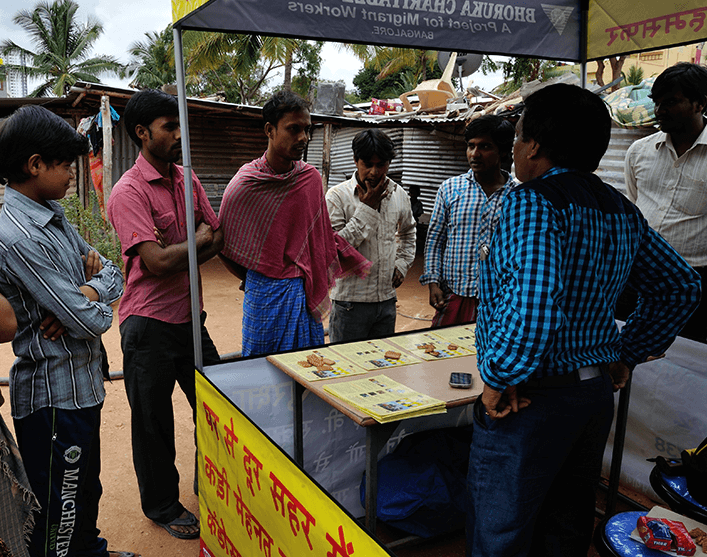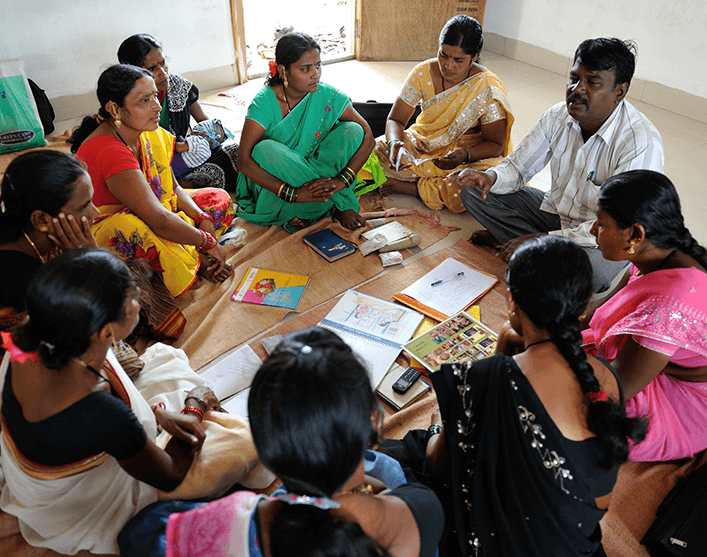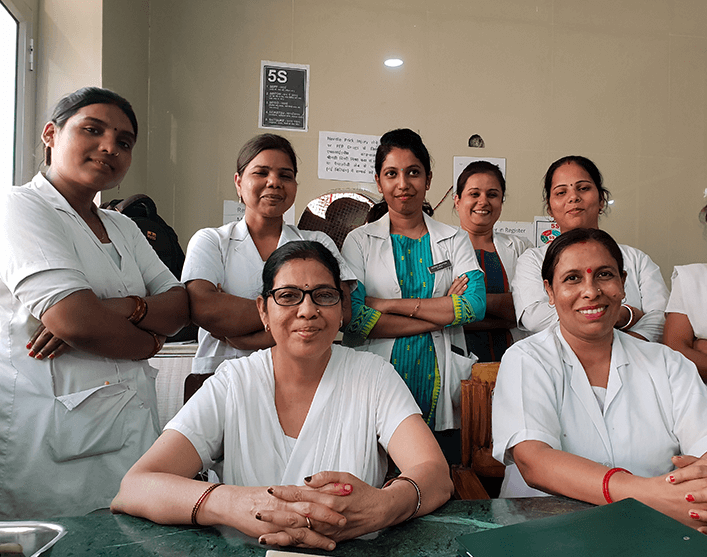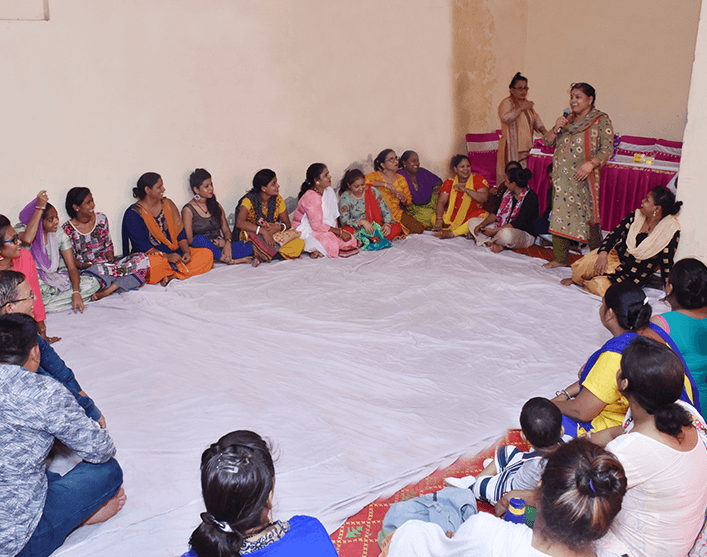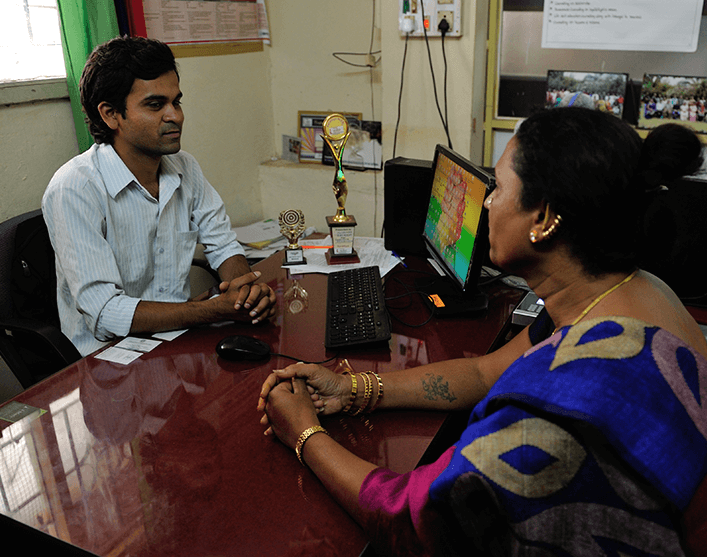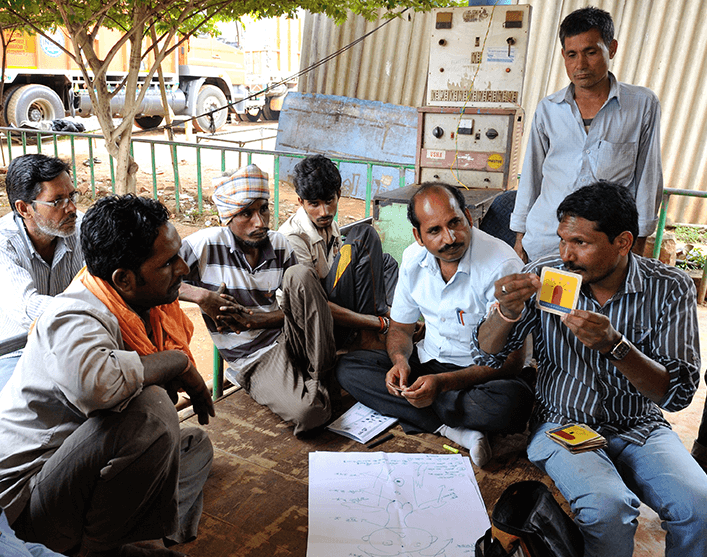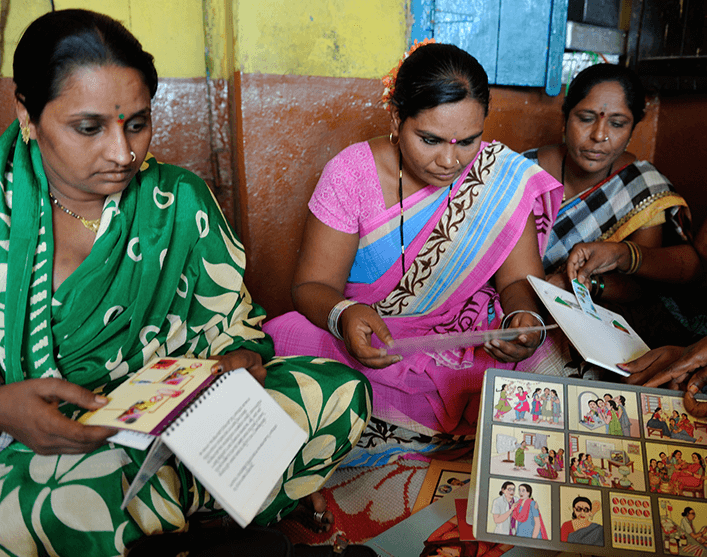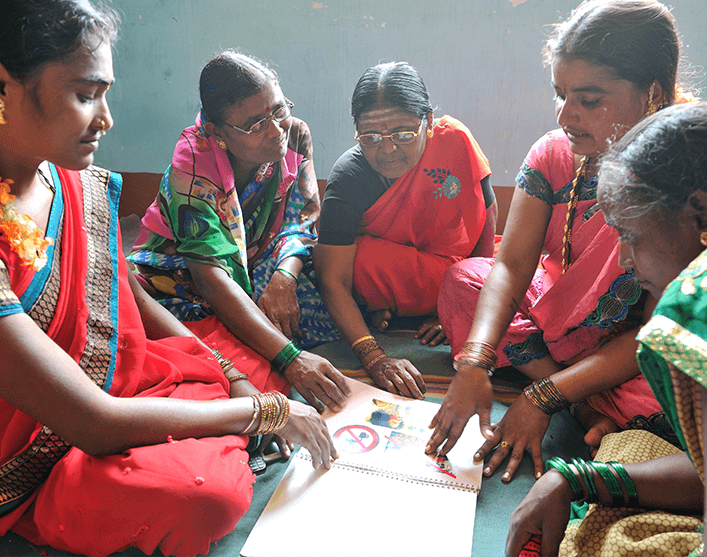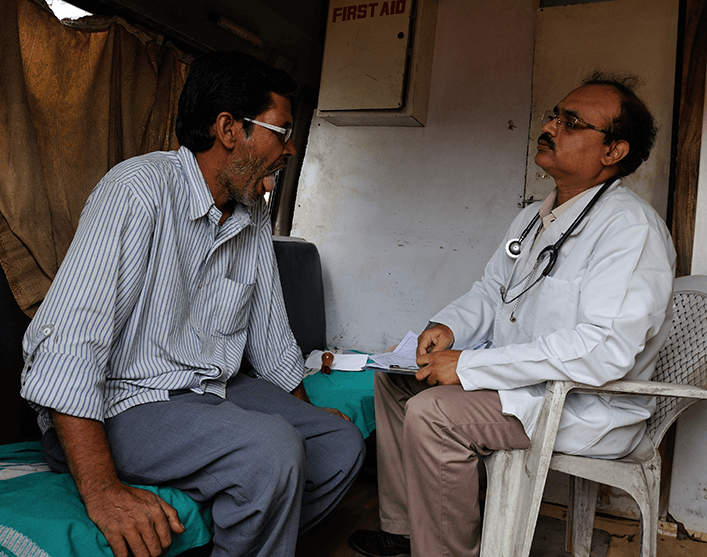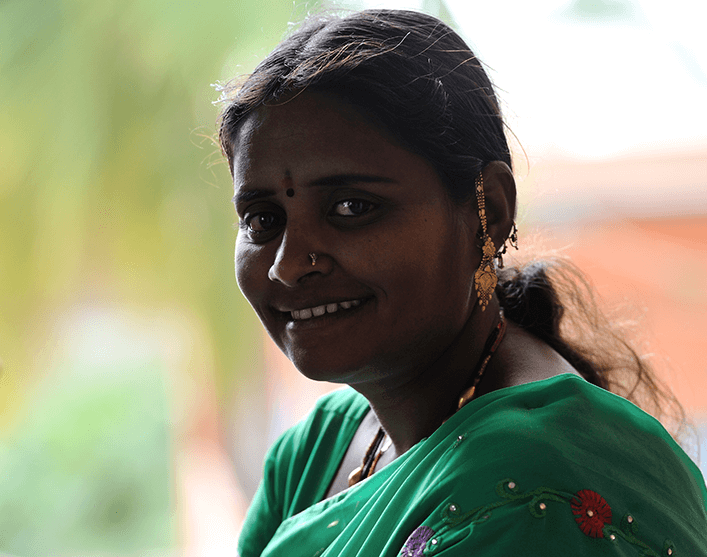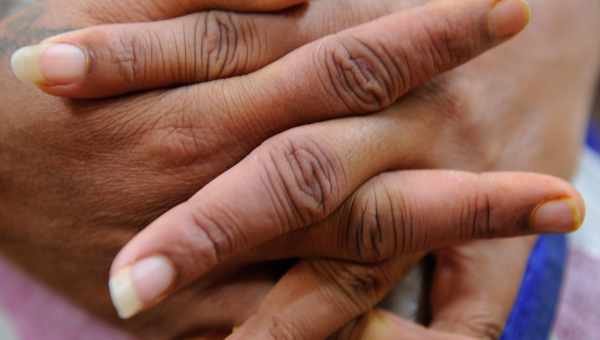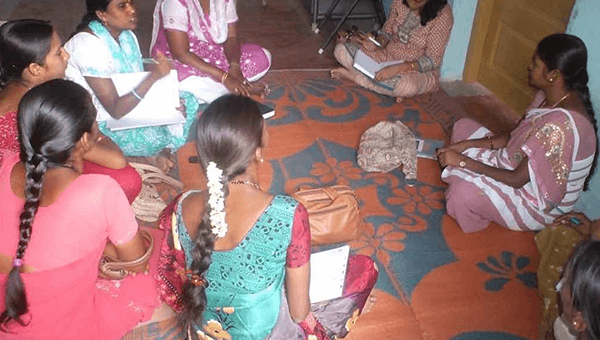Regular medical check-ups were encouraged once in three months and HIV and syphilis screening once in six months. These services were institutionalised within the existing health system, and offered with respect and by ensuring dignity to all KPs, thus improving access and service uptake by nurturing an enabling environment. The KA TSU had taken a lead in sensitising the Medical Officers on the needs of KPs in order to make the government facilities KP-friendly and to reduce stigma and discrimination. Through integration into the existing health system, a wider service base in the state was created for effective prevention, detection, referrals and treatment linkages for HIV. Additionally, efforts were on to converge HIV service linkages with the ongoing activities of National Health Mission, Reproductive and Child Health, Tuberculosis control, and reproductive and sexual health services.
